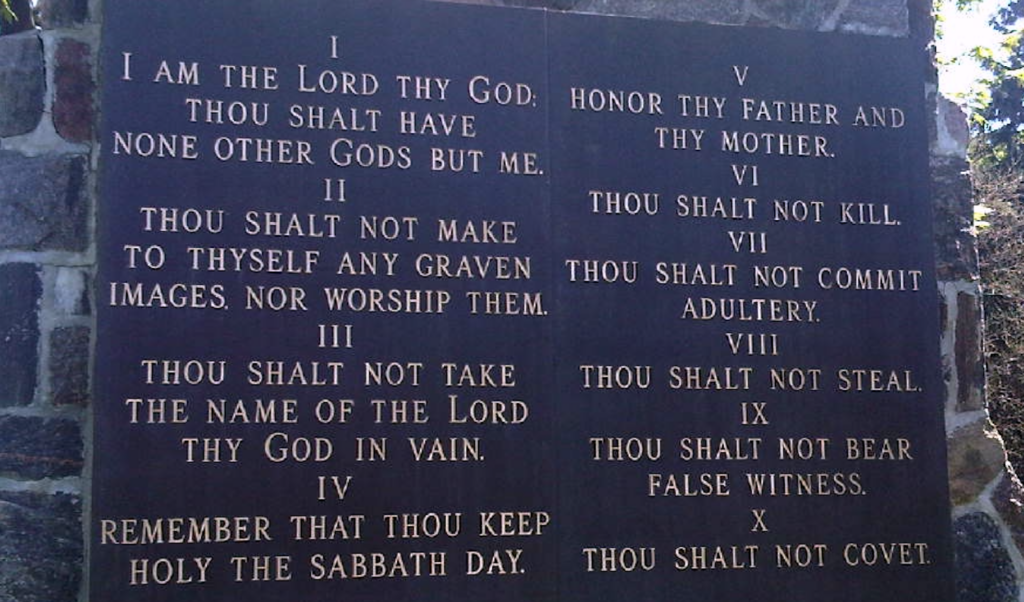Does the government believe in the Constitution? – Judge Andrew P. Napolitano
Why the FBI’s Spying on Americans is Unconstitutional
The Fourth Amendment Protects All People
Last week, the FBI revealed that their agents had spied on 120,000 Americans without search warrants in 2022. This number should be zero, as the Constitution protects the right to be left alone. Unfortunately, the FBI and the National Security Agency continue to violate this core freedom.
The reason for the FBI’s revelation is the pending expiration of Section 702 of the Foreign Intelligence Surveillance Act. This section is unconstitutional as it contradicts the Fourth Amendment, which protects the right to be secure in one’s person, house, papers, and effects. The amendment requires a search warrant issued by a neutral judge based on probable cause of crime.
Section 702 permits the feds to conduct warrantless surveillance on foreign persons who are either physically or digitally present in the United States and all with whom they communicate. This means that the FBI can monitor all communications without a search warrant, including future calls, texts, and emails.
The Fourth Amendment was created to prevent a repeat of what British agents did to the American colonists before the Revolutionary War. Secret British courts in London issued general warrants to British agents in America, which authorized the bearer to search wherever he wished and seize whatever he found. The British used these warrants to search colonial homes ostensibly looking for tax stamps in compliance with the Stamp Act, but they were really attempting to predict who among the colonists entertained revolutionary ideas that might lead to a revolt against the king.
The existence and enforcement of the Stamp Act proved so unpopular that Parliament rescinded it after just one year. But the former bond between colonials and their king had been irreparably breached, and a sea change in colonial thinking pervaded the land. The core of that sea change was not taxation without representation; it was “freedom.”
When the Constitution was ratified six years later, it had no amendments and made no mention of personal liberty. Five of the ratifying states had insisted upon the promise of the addition of a Bill of Rights as a pre-condition to ratification. The first task of the new Congress was to comply with that promise and craft a Bill of Rights, lest these five states secede from the new union. What became the Fourth Amendment protected the quintessentially American right to be left alone.
There is no exception in the amendment for foreign people, bad people, dangerous people, violent people, people the government hates or fears. By the plain meaning of its English words, the amendment protects ALL people. There is no limitation in the amendment to government personnel engaged in law enforcement. The amendment restrains ALL government. The very purpose of the amendment is to present an obstacle to all government because the amendment protects the natural human right to personal privacy.
After 50 years of studying, teaching, writing about, judging, interpreting, and just plain explaining the Constitution, it is clear that those in government don’t believe its words or accept its values. They have crafted mechanisms of all sorts to evade and avoid it, like Section 702. If the provisions of the Constitution are not upheld when they pinch as well as when they comfort, they may as well be abandoned.
" Conservative News Daily does not always share or support the views and opinions expressed here; they are just those of the writer."





Now loading...